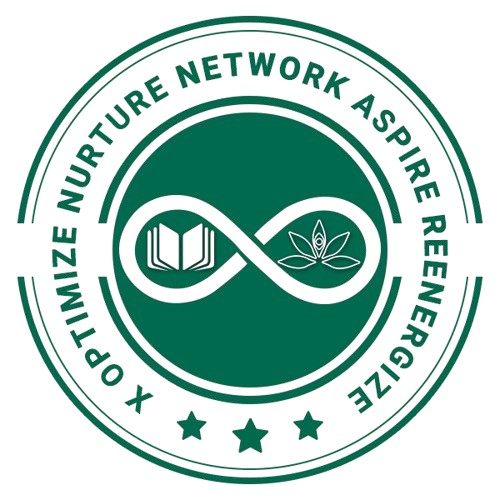How Being Kind Changes Your Brain
Have you ever noticed how good you feel after doing something kind—like helping a friend, giving someone a compliment, or even smiling at a stranger? That warm, fuzzy feeling isn’t just in your heart — it’s happening in your brain too!
Kindness has real scientific effects on our brain and body. When you do something kind, your brain releases chemicals that make you feel happier and calmer. One of these chemicals is dopamine, often called the “feel-good” hormone. It creates a natural high that scientists sometimes refer to as a “helper’s high.”
Another powerful chemical released is oxytocin, often known as the “love hormone.” Oxytocin helps build trust and strengthens relationships. It also lowers blood pressure and reduces stress levels. So when you do something kind, you’re not just helping someone else—you’re also helping your heart and mind feel better.
Kindness also reduces levels of cortisol, the stress hormone. In one study, people who regularly practiced kindness had 23% less cortisol in their bodies. That means fewer worries, better sleep, and a calmer mind.
Even more amazing is that kindness can actually rewire your brain. The more you practice kindness, the more your brain adapts and starts to look for opportunities to be kind. It’s like a muscle—the more you use it, the stronger it gets.
Children, teens, adults, and seniors—everyone benefits from kindness. Whether it’s writing a thank-you note, letting someone go ahead of you in line, or simply listening without interrupting, small acts of kindness create big waves in your brain and in the world around you.
💡 Bonus Fact: A 2018 study published in the Journal of Social Psychology found that performing just one act of kindness a day for seven days boosted participants’ happiness levels significantly.
So next time you feel down or stressed, try doing something kind. It could be the easiest and most beautiful way to boost your mental health.
“Kindness is like sunlight—it doesn’t just brighten someone else’s day, it warms your own soul too.” — A. Bansal
